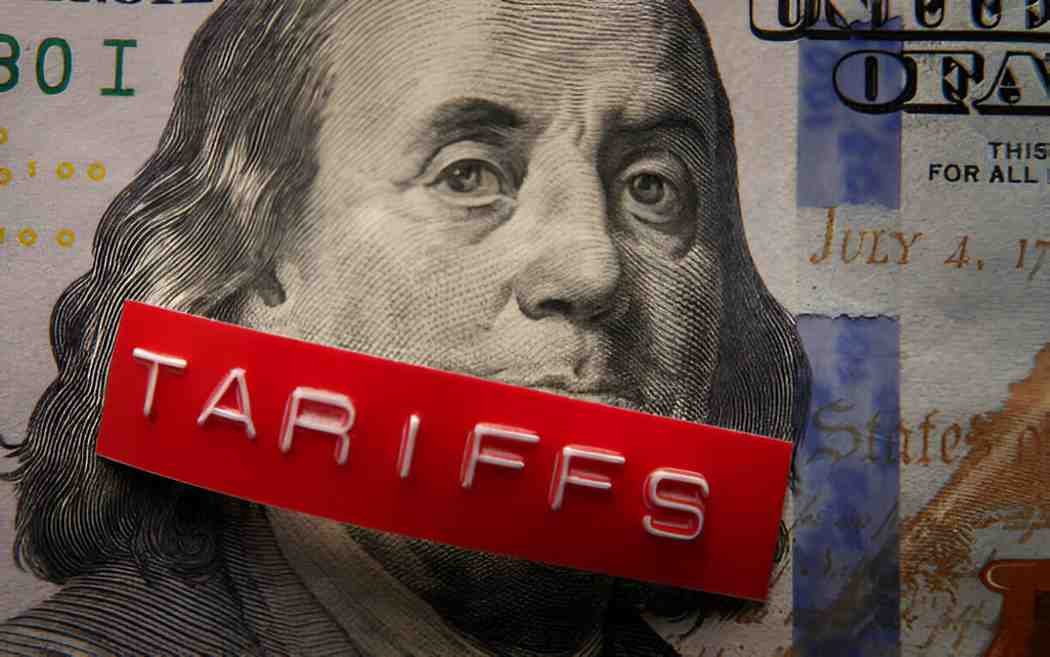Introduction
Trade drives the global economy. Goods and services move across borders, connecting producers and consumers worldwide. However, trade isn’t free of restrictions. Tariffs, one of the most common trade barriers, play a crucial role in shaping international commerce. Understanding tariffs is essential for businesses, consumers, and policymakers. This guide breaks down tariffs, their impact, and their role in the U.S. economy.
Table of Contents
What Are Tariffs?
A tariff is a tax imposed on imported goods. Governments use tariffs to regulate trade, protect domestic industries, and generate revenue. When an imported product enters the U.S., customs authorities assess a tariff, increasing the product’s cost.
Types of Tariffs
Tariffs come in various forms, each serving a different economic purpose.
| Type | Definition | Example |
|---|---|---|
| Ad Valorem Tariff | A percentage of the import’s value. | A 10% tariff on a $500 television adds $50. |
| Specific Tariff | A fixed fee per unit of import. | A $5 tariff per pair of shoes. |
| Compound Tariff | A combination of ad valorem and specific tariffs. | A $2 per pound tariff plus 5% of the product’s value. |
How Tariffs Are Calculated
To illustrate how tariffs work, consider a shipment of 1,000 smartphones from China to the U.S. Assume the U.S. imposes a 10% ad valorem tariff on imported smartphones.
- Import Price per Unit: $300
- Total Shipment Value: $300,000 (1,000 × $300)
- Tariff Amount: 300,000 \times 0.10 = 30,000
The importer must pay $30,000 in tariffs before selling the smartphones in the U.S.
The Economic Rationale Behind Tariffs
Governments impose tariffs for various reasons. Some are economic, while others are political.
Protecting Domestic Industries
Tariffs shield local businesses from foreign competition. For instance, if American steel companies struggle against cheaper foreign steel, tariffs can make imported steel more expensive, giving U.S. producers a competitive edge.
Revenue Generation
Before income taxes became a primary revenue source, the U.S. government relied heavily on tariffs. Though their role in revenue collection has diminished, tariffs still contribute to government funds.
National Security Considerations
Some industries, such as defense manufacturing, are critical to national security. Tariffs can prevent dependence on foreign suppliers for essential products.
Retaliatory Measures
Countries use tariffs as trade policy tools. If a foreign country imposes tariffs on U.S. exports, the U.S. may respond with counter-tariffs to pressure the foreign government into negotiations.
The Impact of Tariffs on the Economy
Tariffs influence various economic factors, from consumer prices to business decisions.
Effect on Consumers
Tariffs increase the cost of imported goods. Businesses pass these costs to consumers, raising prices. For example, if an imported car faces a $2,000 tariff, the dealership may increase the final price by the same amount.
Impact on Domestic Producers
Tariffs benefit domestic producers by reducing foreign competition. However, if they depend on imported raw materials, higher costs can offset these benefits. For example, American car manufacturers may struggle if steel tariffs raise material costs.
Trade Wars and Global Relations
Tariffs often lead to retaliatory actions. A trade war occurs when countries continuously impose tariffs on each other’s goods. The U.S.-China trade war, which began in 2018, saw both nations imposing billions in tariffs, affecting industries from agriculture to technology.
Case Study: The 2018 U.S.-China Trade War
| Event | Impact |
|---|---|
| U.S. imposed tariffs on $250 billion of Chinese goods. | Increased prices for U.S. consumers and businesses. |
| China retaliated with tariffs on U.S. agricultural products. | American farmers faced decreased exports. |
| Companies moved production to avoid tariffs. | Some firms relocated supply chains outside China. |
Tariffs vs. Other Trade Barriers
Tariffs aren’t the only way governments regulate trade. Other barriers include:
| Trade Barrier | Definition | Example |
|---|---|---|
| Quotas | Limits on imported goods. | The U.S. limits sugar imports to protect domestic farmers. |
| Subsidies | Government financial aid to domestic industries. | U.S. farmers receive subsidies to compete globally. |
| Regulations | Strict product standards that make foreign imports difficult. | European Union bans certain food additives found in U.S. products. |
The Debate on Tariffs
Tariffs are controversial. Supporters argue they protect jobs and industries. Opponents say they increase consumer costs and hinder trade. Let’s examine both perspectives.
Arguments for Tariffs
- Protecting Jobs: Tariffs prevent outsourcing by making foreign goods less competitive.
- Encouraging Domestic Production: Higher import costs boost demand for local products.
- Reducing Trade Deficits: Tariffs limit imports, reducing trade imbalances.
Arguments Against Tariffs
- Higher Consumer Prices: Tariffs increase costs, making goods more expensive.
- Supply Chain Disruptions: Businesses reliant on imports face challenges.
- Risk of Retaliation: Other countries impose counter-tariffs, harming exporters.
How to Navigate Tariffs in Business
Businesses must strategize to manage tariff costs. Here are some approaches:
Diversifying Supply Chains
Companies can source products from countries with lower or no tariffs. For instance, instead of importing electronics from China, businesses may turn to Vietnam or Mexico.
Utilizing Free Trade Agreements
The U.S. has trade agreements that eliminate or reduce tariffs on specific goods. The United States-Mexico-Canada Agreement (USMCA) benefits businesses trading within North America.
Tariff Engineering
Companies adjust product specifications to classify them under lower tariff categories. For example, reducing an imported product’s sugar content may place it in a lower-tariff bracket.
Conclusion
Tariffs shape trade, affecting businesses, consumers, and economic policy. While they protect industries and generate revenue, they also raise prices and provoke trade conflicts. Understanding tariffs helps businesses make informed decisions and allows policymakers to craft balanced trade policies. Whether you’re a consumer, entrepreneur, or policymaker, staying informed about tariffs equips you to navigate the complexities of global trade effectively.





